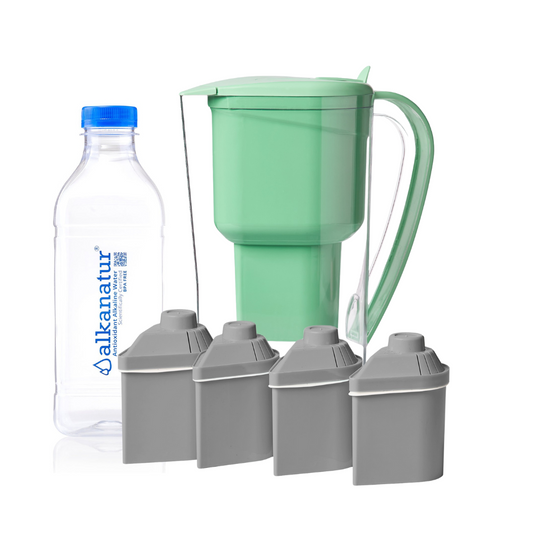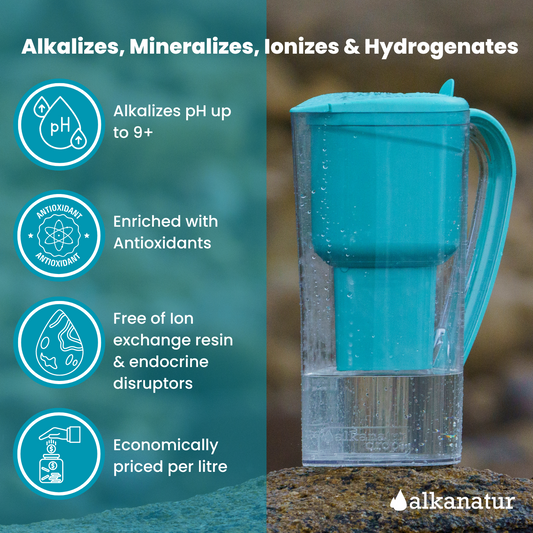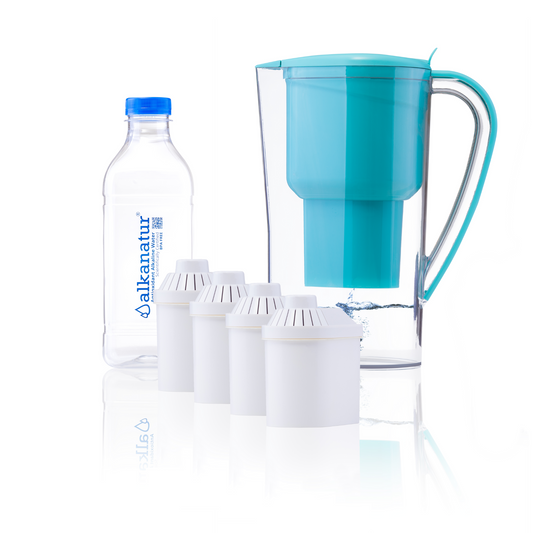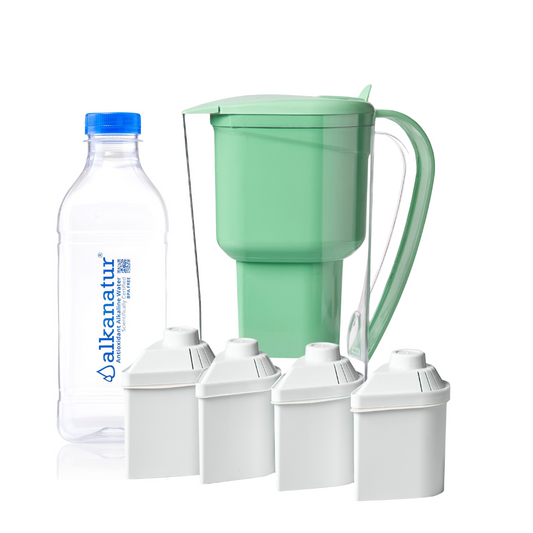In the world of aesthetics and skincare, we usually talk about elements that can be harmful or beneficial. We often hear the words antioxidant, moisturizing and one that may not be very clear what it is: free radicals in the skin. These molecules or fragments of them cause those biochemical reactions are created that can affect the organism.
What are the free radicals?
In our dermis there are free radicals, molecules that have unpaired electrons, that is, they do not go in pairs. This means that they can not function correctly unless they interact with another particle to capture an electron. If that molecule is 'robbed' of an electron, it will become a free radical that will look for another molecule to obtain the one it lacks, thus forming a chain reaction that damages the skin.
These reactive actions of them can be caused by a series of external and internal factors that make this process to be carried out more frequently. To avoid them, it is necessary to know them, these are some of them:
• Solar radiation: it is one of the agents that cause free radicals more frequently.
• Pollution: both atmospheric and by nearby elements such as smoke produced by tobacco or cars.
• A bad diet: if you do not acquire a complete diet that has meat, fish, vegetables and legumes, the reactions that produce free radicals can be triggered more frequently. Therefore, it is advisable to avoid a very fat or hypercaloric diet and always opt for fresh and healthy foods such as vegetables and fruit.
• Stress: it is not good for anything and less for the skin. It is one of the internal factors that cause free radicals and their consequences on the skin.
Skin consequences
The major consequence of the action of free radicals on the skin is its premature aging. This occurs because they affect the structure of the dermis and degrade it causing a skin disorder. This is the reason to talk about the damage of UVA rays to the skin, the sun's rays because they increase the degradation of proteins such as collagen, important for the maintenance of smooth skin and elastin. In addition, UVB radiation can cause erythema or even the appearance of skin cancer, which causes direct damage to DNA.
During the aging process, the systems in charge of repairing the DNA are damaged and their effectiveness diminishes. The damage continues to increase and the end result is an increase in the performance of free radicals. In short, a reaction is formed that causes the damaging action to the skin of free radicals to continue.
All this causes an imbalance between the oxidation systems and the antioxidant mechanisms. This means that it causes oxidative damage to proteins that have the classic consequences of premature skin damage that goes through wrinkles, accelerated aging and spots.
Is there any way to fight them?
Luckily, current science has advanced enough to study the reactions of free radicals in the skin and find ways to avoid their effects. The best way to combat free radicals is by using antioxidants, although it must be done to a certain extent since overreaching is their use may not be beneficial. Both in cosmetics and in food, antioxidants are present and are, for example, vitamins such as C and E, or the elements found in creams such as polyphenols.
In addition to antioxidants, one way to combat free radicals is to have a balanced diet. Just as it was mentioned that bad nutrition can cause this reaction, having a healthy diet will help to avoid the consequences of free radicals on the skin. It is appropriate to use facial and cosmetic treatments that include hyaluronic acid, since this component helps to reduce wrinkles in the skin and adds natural volume to the area in which it is applied.
The care of the skin is crucial, that is why it is necessary to know how free radicals act. Avoiding stress and contamination and eating a healthy diet are key if you want to combat the effects of free radicals that cause premature aging of the skin. In this way, you will get young, radiant and healthy skin.
Alkanatur Alkaline Water Filter Pitcher with Magnesium & Antioxidants – Alkanatur North America









